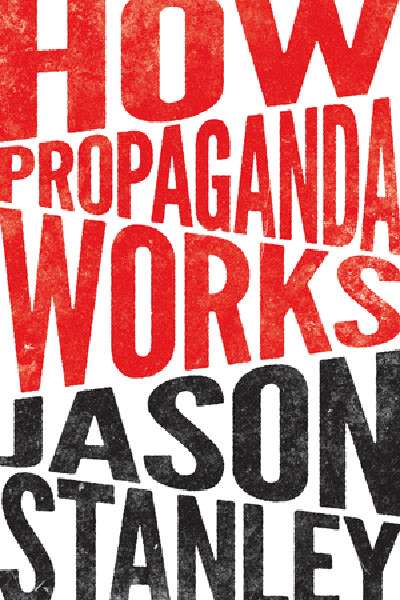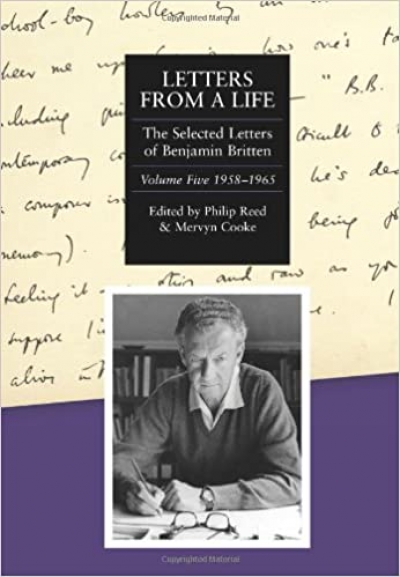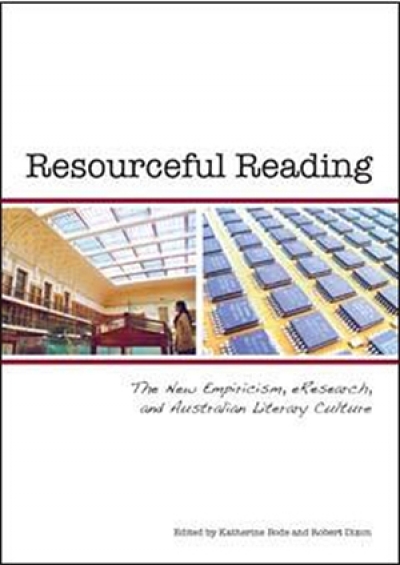Poetry
Fat Chance: Journalism poems by Kent MacCarter
by Des Cowley
Fat chance. A million to one. Buckley’s. We’ve all come across bizarre tales of survival that defy belief. Take the case of sixty-year-old Hiromitsu Shinkawa, found floating ten miles out to sea, clinging to the roof of his house, days after a tsunami wiped out his home town in the Fukushima prefecture of Japan in 2011. What were the odds?




























